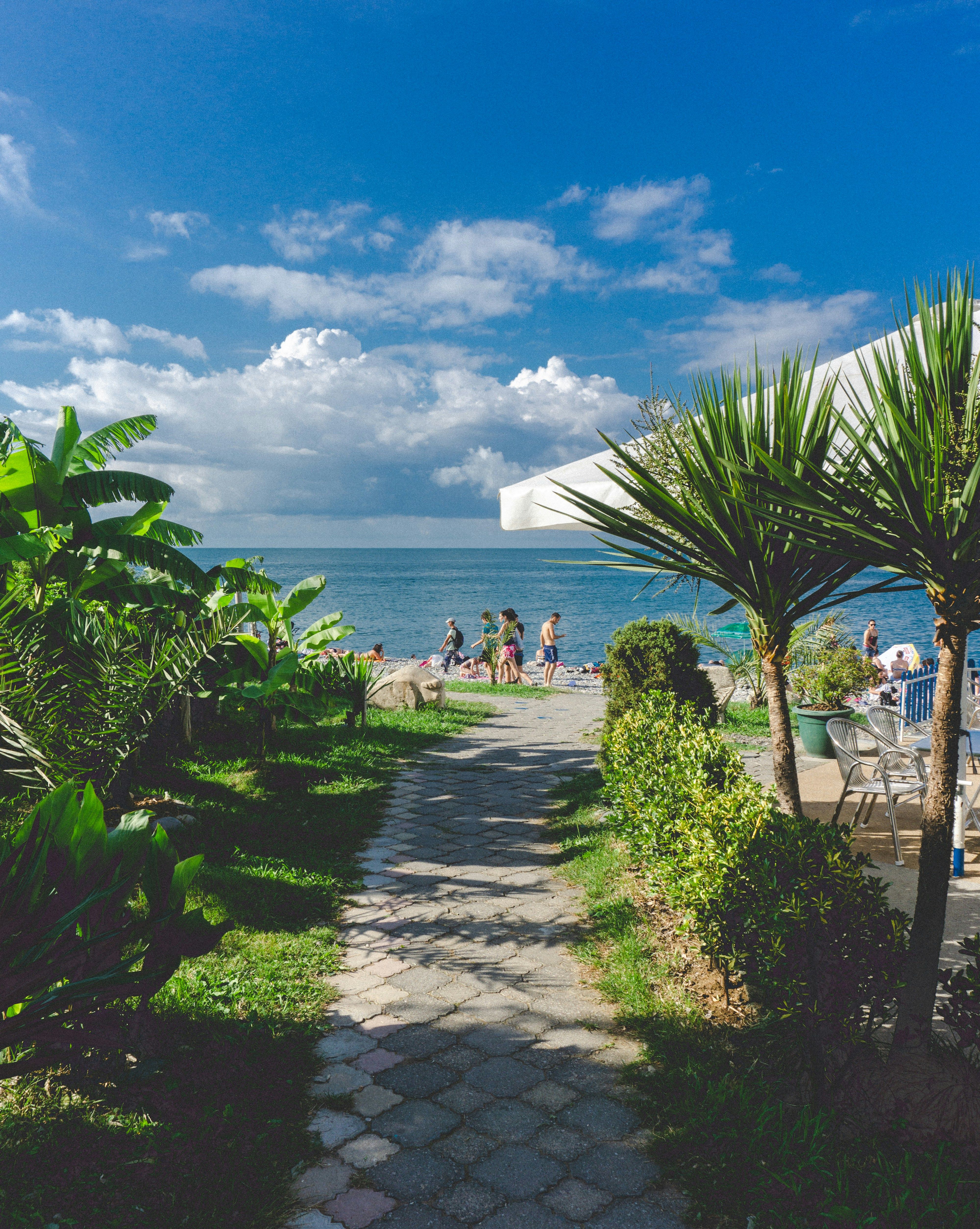Maintaining Brain Health: Adopting Mediterranean Diet and Regular Physical Activity Could Offer Protection
Australia, New Zealand, and the United Kingdom researchers are currently investigating the potential benefits of a combined Mediterranean diet and walking regimen in reducing the risk of cognitive decline and dementia. The study, temporarily halted due to the COVID-19 pandemic, is now ongoing and recruiting participants from independent living retirement communities in South Australia and Victoria.
The intervention, known as "MedWalk," involves dietary modifications, supervised walking sessions, and psychosocial behavioral changes. The primary objective of the study is to assess the impact of the combined MedWalk intervention on visual memory and learning over 12 months. Researchers are also interested in evaluating its effects on other aspects, such as mood, quality of life, health costs, cardiovascular health, and arterial stiffness.
Initial recruitment occurred before the pandemic, but due to the ongoing crisis, the researchers have expanded their reach to the broader community. Participants were divided into two groups – those following the MedWalk intervention and a control group maintaining their usual diet and activity level. The study authors believe that the modified design will yield sufficiently strong findings.
Previous research has linked both the Mediterranean diet and regular walking to brain health. Studies suggest that adhering to a Mediterranean diet may lower the risk of dementia, Alzheimer's dementia, and other forms of cognitive decline. Regular walking has been associated with slower cognitive decline, improved cognitive function, and beneficial impacts on overall brain health, mood, and quality of life.
Conner Middelmann, a certified nutritionist specializing in the Mediterranean diet, noted that the Mediterranean diet's antioxidants, omega-3 fatty acids, high fiber content, and low processed grains and sugars may contribute to cognitive benefits. Regular walking may enhance brain health by increasing blood flow, reducing stress, and encouraging social and natural interactions.
The researchers offer support for the first six months of the intervention, with additional assistance available for the remainder of the test year. This support includes instruction on the Mediterranean diet's key components, such as extra-virgin olive oil, to help participants understand its core principles.
The study's completion is tentatively scheduled for the end of 2023, at which point the researchers will analyze the data to determine potential benefits of the combined MedWalk intervention for cognitive health.
- Researchers are investigating the potential benefits of a combined Mediterranean diet and walking regimen, known as "MedWalk," in reducing the risk of cognitive decline and dementia.
- The primary objective of the study is to assess the impact of the combined MedWalk intervention on visual memory and learning over 12 months, with researchers also interested in evaluating its effects on mood, quality of life, health costs, cardiovascular health, and arterial stiffness.
- Initial recruitment for the study occurred before the pandemic, but with the ongoing crisis, researchers have expanded their reach to the broader community.
- Conner Middelmann, a certified nutritionist specializing in the Mediterranean diet, believes that the diet's antioxidants, omega-3 fatty acids, high fiber content, and low processed grains and sugars may contribute to cognitive benefits.
- Regular walking may enhance brain health by increasing blood flow, reducing stress, and encouraging social and natural interactions.
- The study's completion is tentatively scheduled for the end of 2023, at which point the researchers will analyze the data to determine potential benefits of the combined MedWalk intervention for cognitive health.








